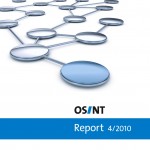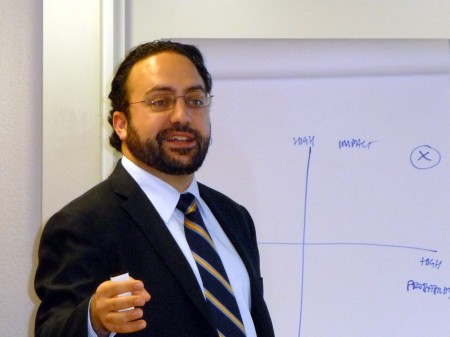
This article was originally published by PISM on 24 March 2016.
The Swedish counter-intelligence service’s latest annual assessments highlight the growing interest of Russian intelligence in Sweden’s national security issues. Soon after the publication of the unclassified version of the report, a series of cyberattacks on Swedish media took place. The increase in hostile Russian intelligence activities has been seen as connected to a public debate about the prospects for closer relations between Sweden and NATO. The U.S. perception of the Russian threats presented by Sweden’s counter-intelligence services does not deviate from public assessments by other Scandinavian countries’ assessments. This might suggest that the increased Russian activities are part of some broader strategy concerning Northern Europe.
On 17 March 2016, the Swedish Security Service (Säkerhetspolisen, or SÄPO) published an unclassified version of its annual assessment of intelligence and terrorist threats. The chapter on Russian disinformation and psychological operations stirred public interest and was followed by a series of coordinated and massive cyberattacks (DDoS-style, or “distributed denial of service”) on a number of websites in Sweden. A DDoS attack on 19 March resulted in seven of the main Swedish newspapers’ internet portals being unavailable.


